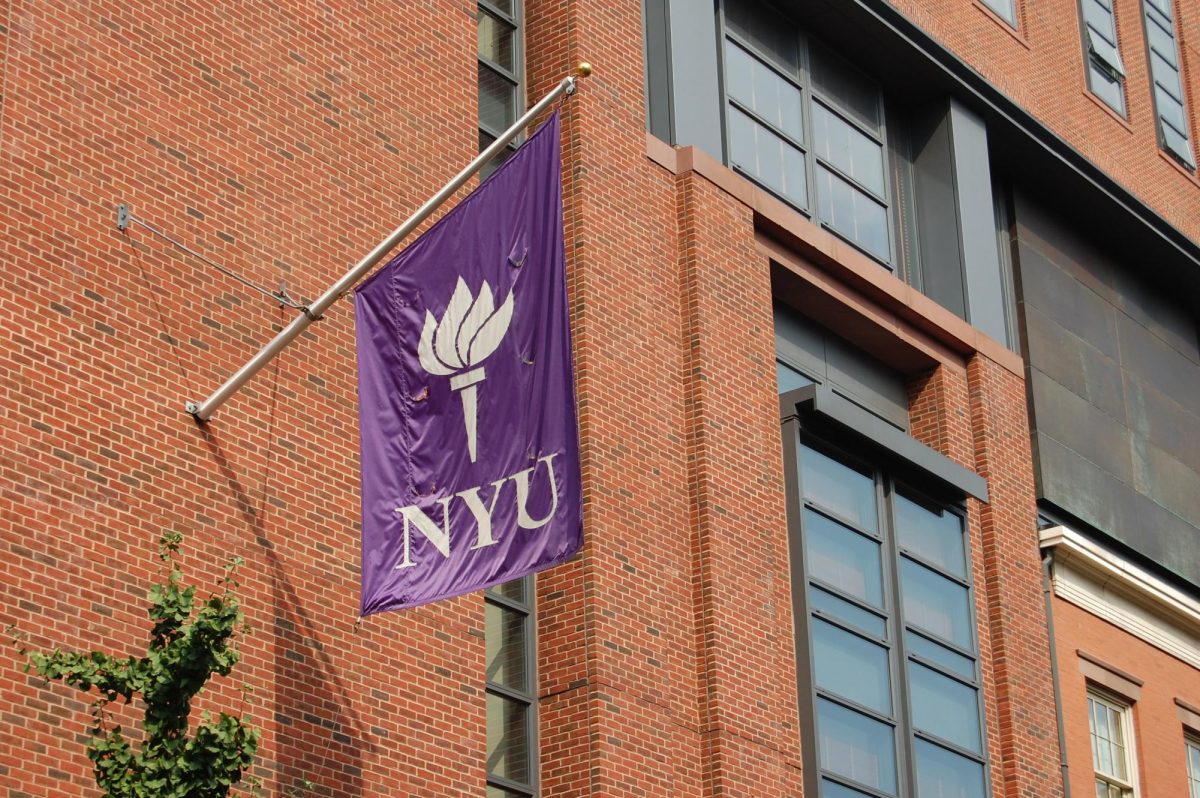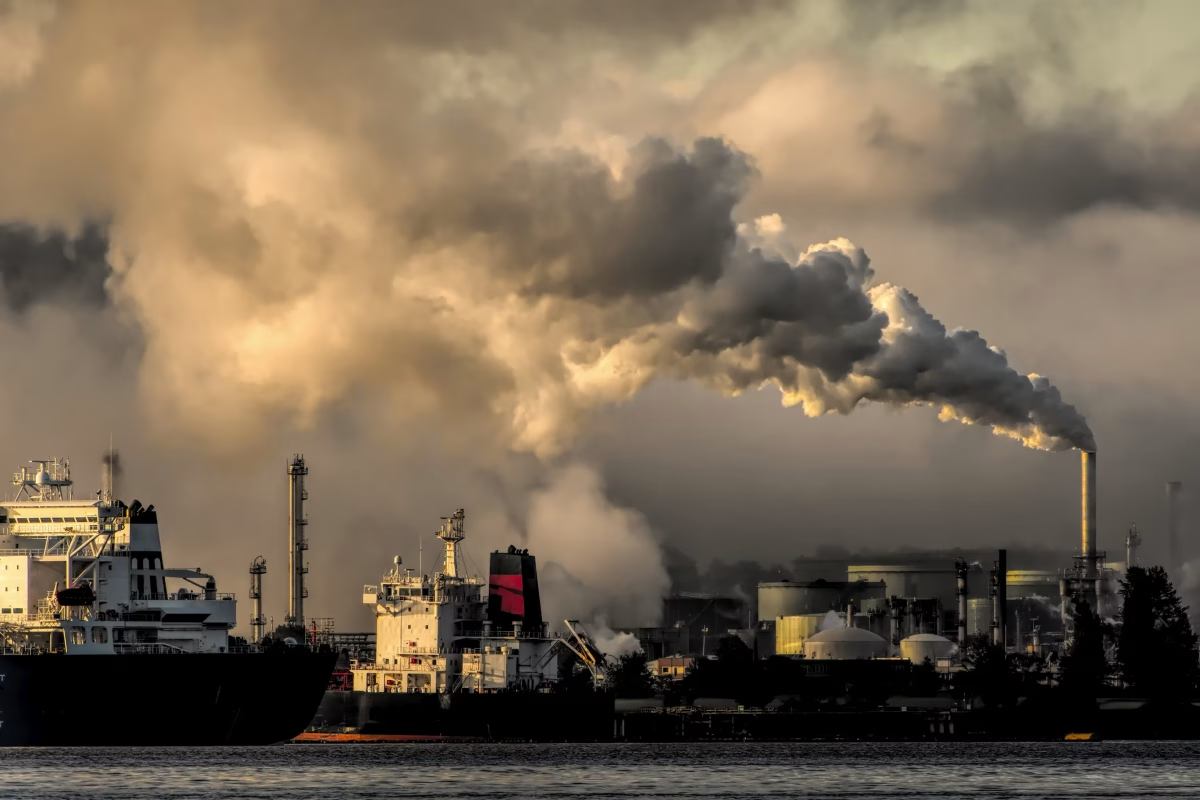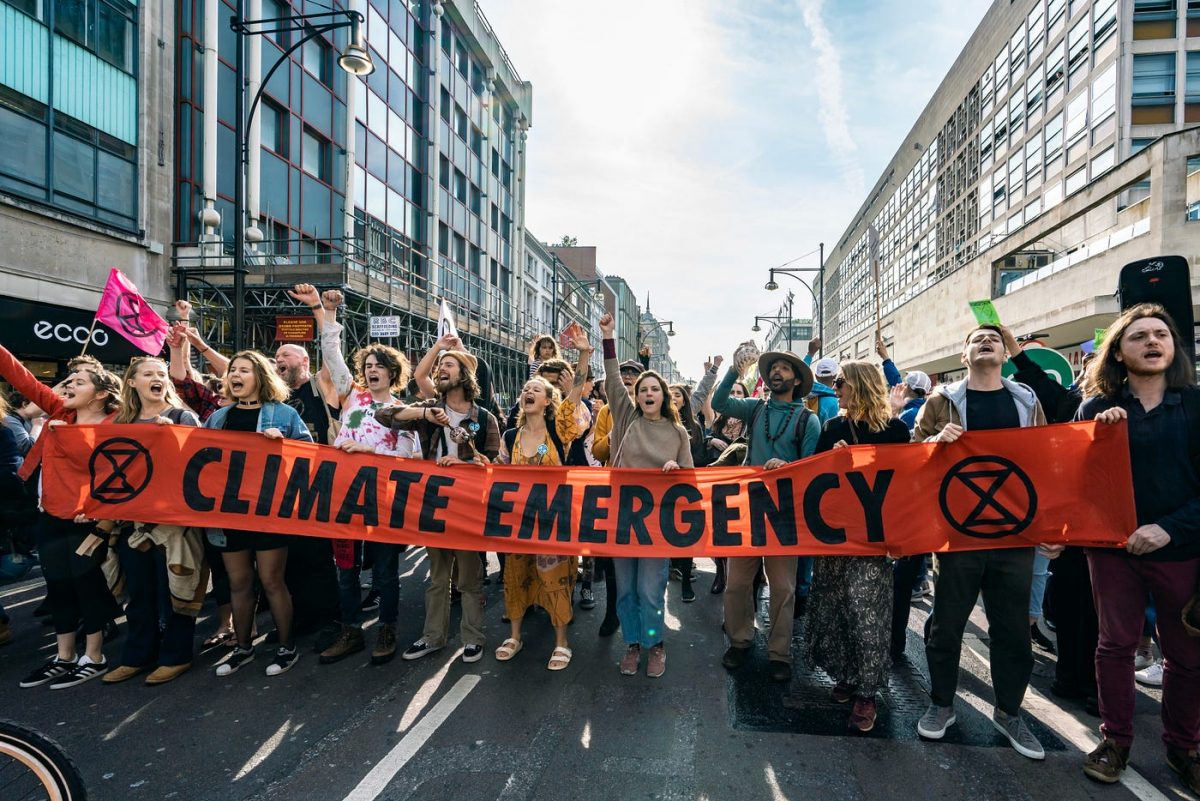Oceans, environments, the streets that we walk in, factories. You may not be aware of it, but all of these contain one common pollutant that is affecting the environment and climate change: plastic. You may wonder, how is plastic a pollutant that affects not only the environment but climate change as well?
Plastic does not biodegrade and persists in the environment, that means that it takes a large amount of time to break down over time making it a hard pollutant to control. According to a quote from Mrs.Witthaus, Journalism Teacher and Green Team Leader, she states that “I think that we live on a society that relies quite a bit on single use plastics, and by that, what I mean is it’s an object that is designed to be used one time and then thrown away. So a plastic bag, for example, like what they give you at the bodega takes over 1,000 years to break down in a landfill. And as it does break down, it releases really dangerous chemicals that hurt both people. and ecosystems.” With keeping in mind the many years plastic takes to break down and dissolve, Today I will show you the information that I gathered online and learned from the interviewees for you to possibly learn something new as well and tell others about the cause.
“Plastic is everywhere, and by design, it’s made to last decades, if not hundreds of years. It’s incredibly useful, but it’s bad in terms of the waste created.” This shows that as much as plastic is useful it is also harmful. It’s estimated that around 0.5% of all plastic waste produced globally ends up in the ocean. This means that while the world produces around 350 million tonnes of plastic waste each year, between 1 and 2 million tonnes of that plastic enters the oceans annually. According to BASE Senior and fellow journalist Jimmy, “The more plastic that enters the water the more harm the marine ecosystem is harmed leading to us losing many sea creatures varying from fish etc.” One of the main reasons why plastic ends up in the ocean and continues to increase is due to factories. While most plastic waste in the ocean originates from land based sources, factories contribute through improper waste management practices, direct discharges of industrial waste and even through the manufacturing process itself. According to Mrs.Witthaus,“I think it’s a really easy matter to address. I think it’s something that doesn’t take much for a person to change their behavior around.”
So, I will close this article off with one last quote from Mrs.Witthaus with what we can do as a community for climate change, “I think with any attempt at making change, if you Braden Campbell send an email to the mayor and say I think we should ban single use plastic. I don’t think that’s going to do anything. But I think that there is strength in numbers, and if there were a thousand people outside of the mayor’s office, it’d be a lot harder to ignore”.
With all this new information in mind, what will you do? The environment, ecosystems, and climate, along with all the animals depend on us as a community and as one on this planet for change.


















